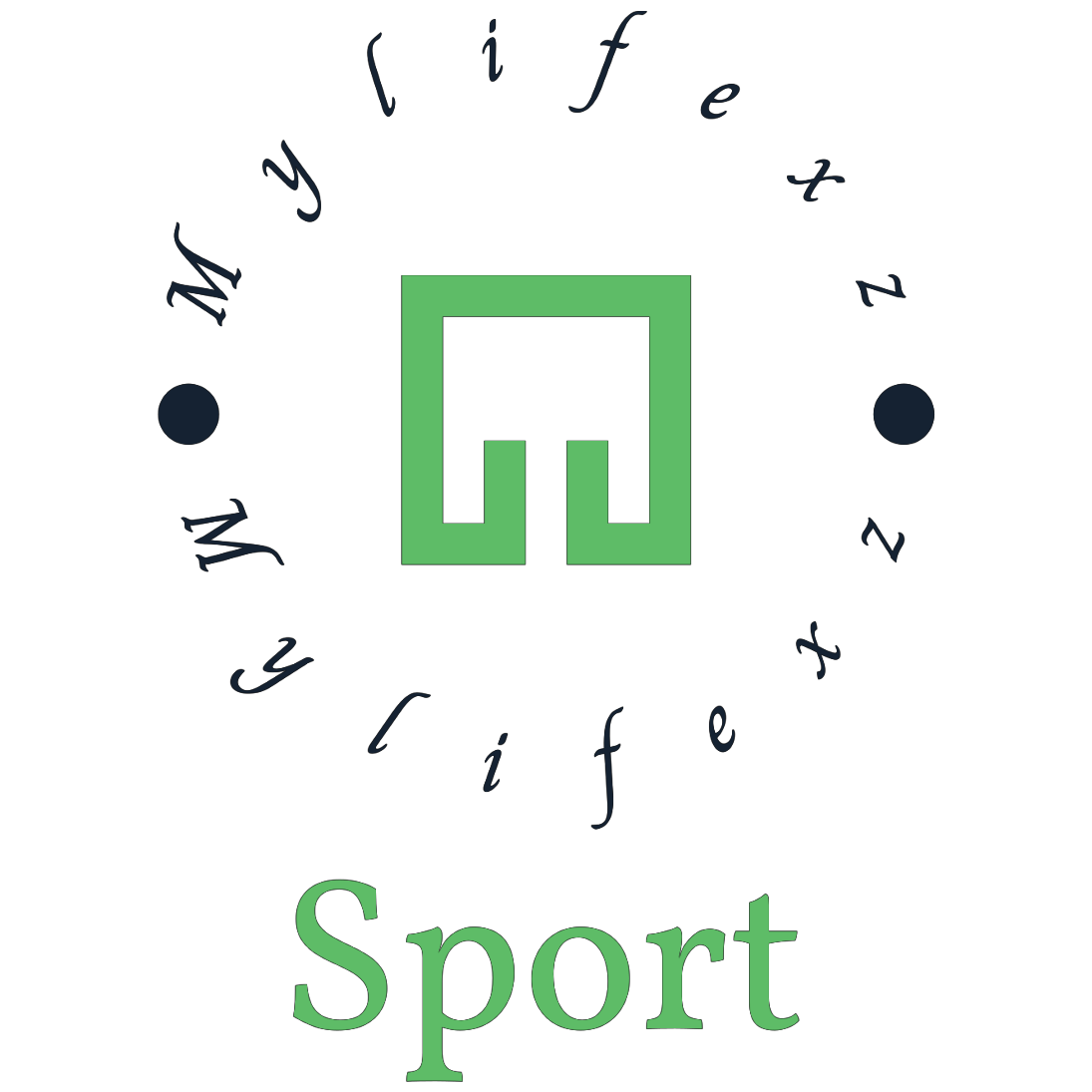In recent times, the phenomenon of "Huberman Husbands" and the growing trend of self-optimization have sparked intrigue and debate. Discover the full story of this movement in our article.
For a long time, I've noticed a persistent theme on my TikTok For You Page: self-improvement. But not just your typical self-improvement; we're talking about biohacking, a practice where individuals seek to optimize every facet of their lives for health and well-being.
At the forefront of this biohacking discourse is Andrew Huberman, a distinguished figure in the field. As a neuroscientist and a tenured professor at Stanford School of Medicine, Huberman's work revolves around brain development, brain function, and neural plasticity. His contributions have earned him numerous awards, and he's also associated with Momentous, a sports and nutrition company offering branded dietary supplements. While the effectiveness of Momentous remains uncertain, a bundle of five bottles can set you back nearly $200.
Huberman's self-optimization regimen is quite remarkable. He begins his day with yoga Nidra, exposure to sunlight, and a cold shower, refrains from smoking or drinking, and adheres to intermittent fasting, among other practices. He also promotes the use of various daily supplements and microdosing with testosterone. It's clear that Huberman's approach emphasizes scientific grounding, making it appealing to many and providing a monetary benefit through supplement sales.
Notably, Huberman has cultivated a dedicated following, affectionately known as "Huberman Husbands." This term was coined by Sierra Campbell, a TikTok creator who found common ground with her husband over their shared interest in biohacking and Huberman's podcast.
While Huberman Husbands make up a significant portion of the biohacking community, they are far from the only advocates of self-optimization. Most of Huberman's dedicated fans appear quite ordinary.
Heather Mao, a TikTok creator who manages two gyms and follows Huberman's advice, acknowledges the humor in the trend but appreciates the wealth of research-backed information available. Many of Huberman's biohacking tips are accessible and cost-effective, making them practical for various individuals.
This trend in self-optimization underscores the importance of familiar practices such as maintaining a healthy diet, regular exercise, journaling, and meditation. These time-tested self-improvement techniques are neither overly time-consuming nor expensive and have a well-established track record of benefiting individuals.
Both Mao and Campbell view self-optimization as a shared journey. They test out recommendations, share their experiences with friends, and use it as a means of connection.
Nonetheless, the self-optimization movement often revolves around individual efforts, rather than a collective approach. While there's nothing wrong with aspiring to improve oneself, it's crucial to question why we feel compelled to optimize our individual lives, especially when systemic injustices persist.
For example, starting the day with sunlight exposure has its benefits, but it's not feasible for everyone, particularly those working non-standard hours. Rather than focusing solely on self-improvement, we should strive for a more equitable work system and address the structural issues that hinder access to basic well-being practices.
Many biohackers rely on a range of supplements, which can be costly, rather than obtaining the necessary nutrients from food. This highlights the existing wealth inequality, emphasizing the need for systemic change and community support.
David Harvey's book, "A Companion to Marx's Capital," sheds light on the idea that time is a social construct aligned with the workweek, and self-optimization often plays into the hands of capitalism by enhancing individual productivity and consumption.
While not all biohacking is productivity-centric, it still predominantly centers on the self, rather than the community. Some advocate for a shift in focus, urging us to consider the collective well-being, as this might be the key to addressing the feelings of inadequacy many experience today.
In summary, self-optimization is a worthy pursuit, but it's essential to strike a balance between personal growth and contributing to a fairer, more just society. The power structures that benefit from individual self-improvement should not divert our attention from broader social injustices that demand collective solutions.


إرسال تعليق